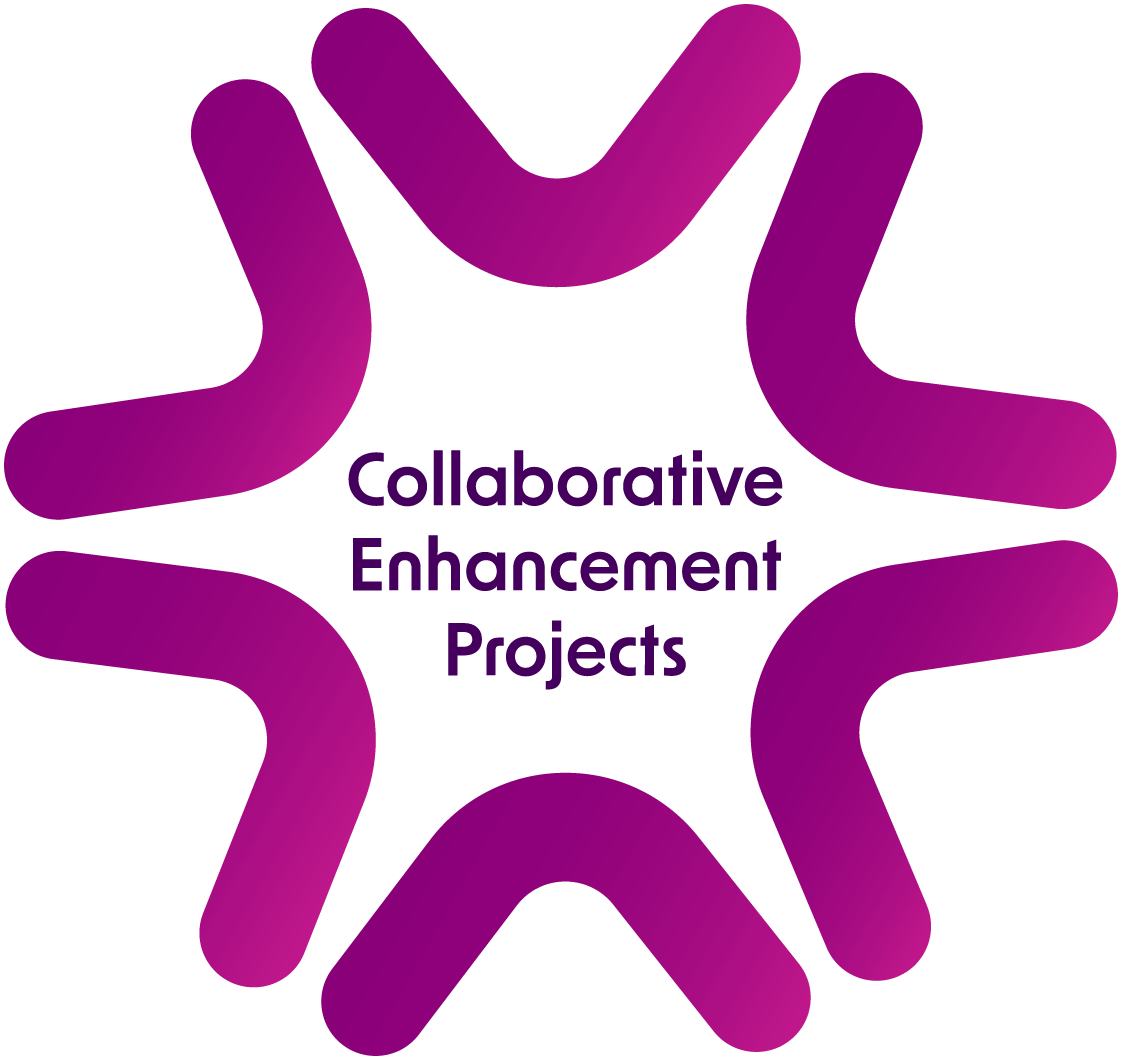
This Collaborative Enhancement Project focuses entirely on College Based Higher Education providers, bringing together five FE colleges from across England. Using a student-staff collaborative partnership, it explores supporting flexible pathways and effective transitions in CBHE. Students will work with staff to capture experiences across subjects in case studies, contributing to wider understanding and presenting findings to QAA members at a national end-of-project event.

About this project
Further education colleges (FECs) are vital to widening participation in higher education (HE) among underrepresented social groups.
There are currently over 70 FEC members of the QAA, representing nearly 30% of the overall membership. Yet college-based HE (CBHE) remains under-researched and is often an overlooked area of HE policy and practice.
This project will focus exclusively on CBHE providers. Five further education colleges from across England will participate in a student-staff collaborative partnership approach exploring the core theme of supporting flexible pathways and effective student transitions in CBHE.

The project aims to:
Increase student engagement in shaping their learning experiences by empowering them to become directly involved in informing and improving understanding about supporting their pathways and transitions into CBHE.
Build students’ confidence in transitioning to HE through collaborating with academic staff to learn about HE learning and teaching expectations and practices.
Prepare, train and support 50 students and staff from 5 FECs to work collaboratively to undertake 2 cycles of collaborative observation across 10 different case studies.
Generate an evidence and practice base to inform and improve CBHE students’ learning experiences for QAA members and the wider sector.
This project will explore several areas of focus related to the core theme of supporting flexible pathways and effective transitions in CBHE. Areas already identified by FEC partners include:
- building students’ confidence in transitioning to HE study
fostering learner independence
understanding barriers and enablers to successful progression and completion
adapting to differences in approaches to studying in HE (L4+) compared to FE (L3)
use of digital technology and hybrid approaches in studying CBHE
In collaboration with staff, students will contribute directly to informing wider understanding about their learning experiences of CBHE, which will be captured across multiple subject areas in student-staff case studies. Students and staff will collaborate on presenting their findings to other QAA members at a national end of project event.
Read the project blogs
Lead institution
Partner institutions
- Simon Horner, Bishop Burton College
- Chrissie Draper, Derby College
- Nicola Burt, Nottingham College
Claudine Barnes, Solihull College and University Centre
David Turner, Walsall College


